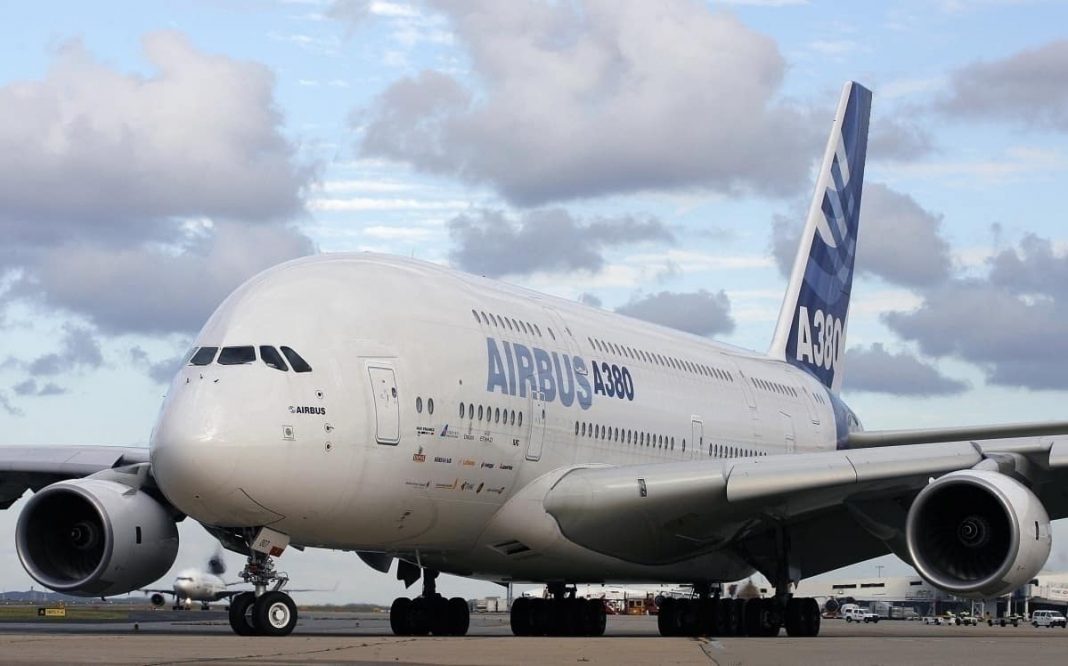There is no doubt in anyone’s mind that the COVID-19 pandemic has had a truly awful impact on the aviation industry. However, the effect of the crisis extends far beyond that of airlines losing out on value to impacting maintenance providers. In the widebody market, the value of an Airbus A380 engine has gone done by up to 50% – a massive decrease in value.

Engine values have dropped
Aviation Pros reports that data from IBA, the International Bureau of Aviation, shows that the value for used aircraft engines has fallen across the board, with the engines powering the behemoth A380 falling by up to 50%. The Trent XWB engines used on the Airbus A350 have dropped in value by just 1%, according to IBA.
Narrowbodies have also seen drops. CFM56 engines used on Boeing 737 Next Generation and Airbus A320ceo family models have dropped up to 12%, though recovering demand in Asia has prevented this value from dropping any further. For the 737 MAX and A320neo families, values have dropped about 2-4% with values expected to recover completely in the long-term.

Why have engine values dropped?
Simply put, airlines do not need new engines right now for most of their aircraft. Since March, thousands of aircraft worldwide have been parked, and some of them have been put into long-term storage. This means fewer operational aircraft, which means fewer maintenance trips for airlines, and fewer engines and engine parts needed. All in all, this reduces the demand, and thus value, of used aircraft engines. IBA estimates that engine shop visits have dropped by up to 70% in 2020, with a recovery to pre-COVID levels expected by 2024.

As aircraft have re-entered commercial service worldwide, more of them have had to go to the shop for general maintenance, repair, and other visits. Still, the number of visits is far below any of that, which is overall a signifier of lower demand.
Narrowbodies, like the Boeing 737 and Airbus A320, and newer fuel-efficient widebodies, like the Airbus A350, have been leading the way in terms of re-entering commercial service. However, the same is not true for the massive A380, which many airlines have either moved to retire or park in long-term storage. This equates to less demand worldwide for Airbus A380 engines, which works to lower the price. Not to mention, retired A380s that have no future in a second-hand market but are rather parted out contribute to adding more supply into the market where demand is weak.

If more airlines continue to retire their A380 fleets, then expect the value for these engines to drop even further.
The A380 engines
Operators can choose either the Rolls-Royce Trent 900 or the Engine Alliance GP7000 to power their Airbus A380s. Emirates, the world’s largest operator and customer of the Airbus A380, uses both engine types across its A380 fleet. Other carriers choose one or the other. ANA and British Airways, for example, have Rolls-Royce Trent 900 engines on their A380s while Etihad and Korean Air went for the Engine Alliance GP7000s to power their Airbus A380s. This type also powered Air France’s Airbus A380s.
Are you surprised that the value of an A380 engine has halved? Let us know in the comments!
[ad_2]
Source link


